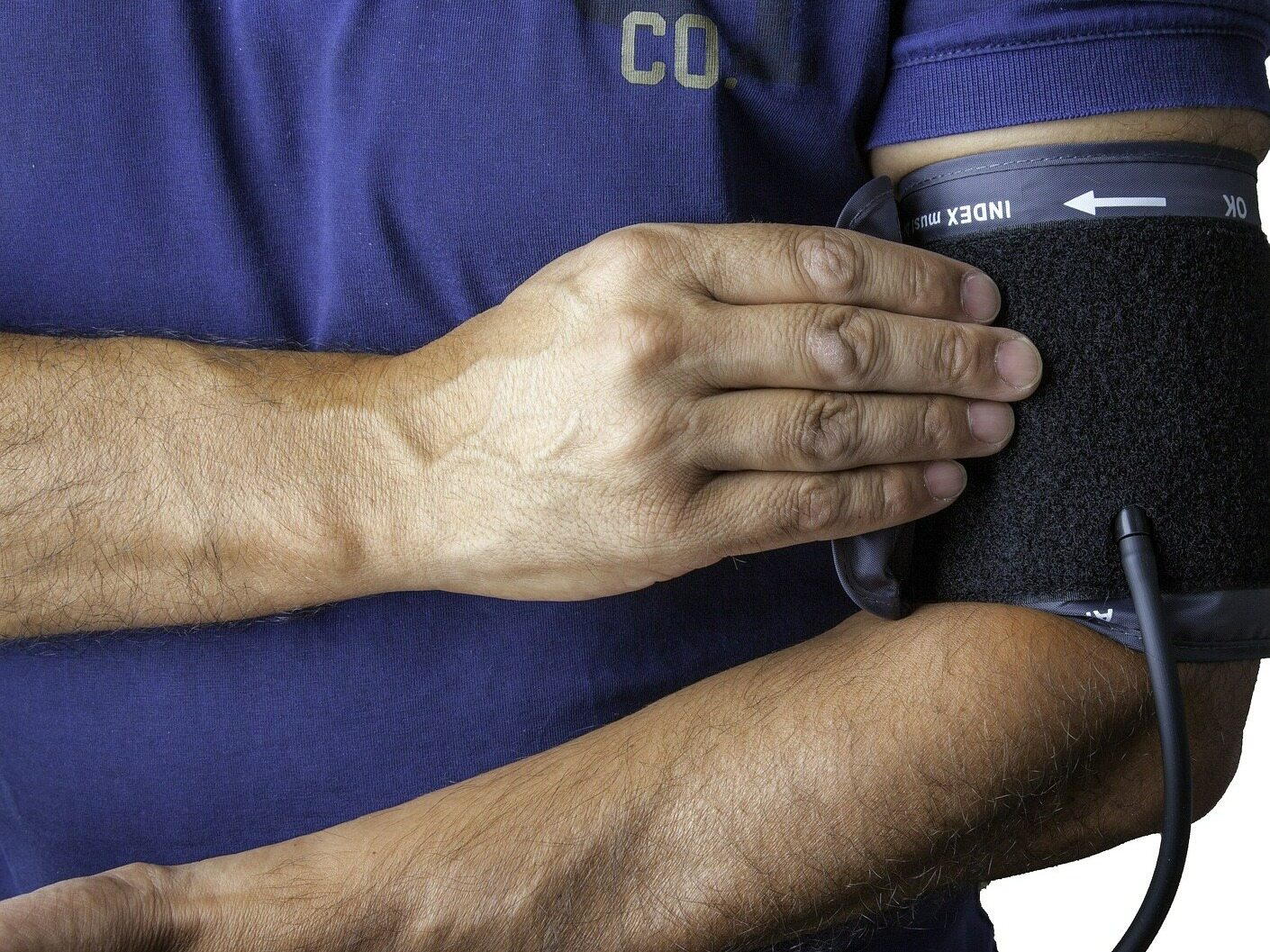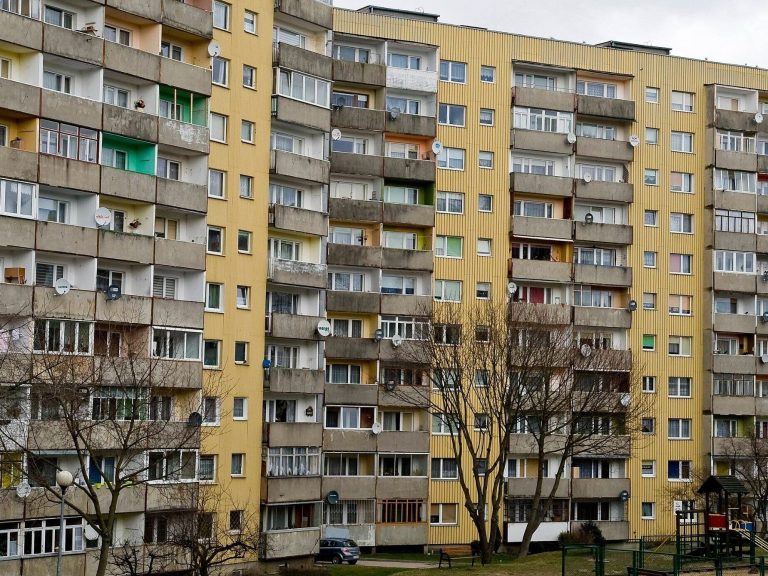Pressure spikes may indicate serious diseases. Many people have no idea about this

Pressure spikes can happen to anyone. We usually don't attach much importance to them. This is a mistake. They may be a symptom of serious diseases.
Pressure spikes are sudden changes in blood pressure (in an adult between 18 and 65 years of age, it should be around 120-129/70-79 mmHg). Various fluctuations in the indicated values are usually the result of stress or experiencing strong emotions. However, they can also signal diseases developing in the body. See what health problems they usually indicate.
Pressure spikes as a symptom of the disease
Pressure spikes can be a symptom of hypertension. However, this is not the only disease they may indicate. They often also indicate diseases such as:
-
vertebrobasilar syndrome (abnormalities in the structure of the arteries supplying blood to the brain),
-
aortic isthmus stenosis,
-
adrenal tumor,
-
hyperthyroidism,
-
Cushing's syndrome (excess hormones produced by the adrenal glands in the body),
-
kidney failure,
-
neurosis,
-
anxiety disorders,
-
Heart arythmia.
Not everyone is aware of the fact that sudden changes in blood pressure may also be one of the symptoms of Lyme disease. During the course of the disease, there are disturbances in the functioning of the cardiovascular system.
How to recognize pressure spikes?
Pressure changes are usually accompanied by other symptoms. The most common symptoms include dizziness, shortness of breath and fatigue. Signals also often appear, such as: facial redness, trembling hands, nosebleeds, chest pain, excessive sweating, difficulty catching your breath or sleep disturbances (insomnia).
How to treat blood pressure spikes?
It is worth paying attention to the fact that pressure surges should not be considered as a single symptom. They should always be analyzed in a broader context, together with other disturbing signals from the body. You must not make diagnoses on your own. Any unusual changes in your well-being should be consulted with your family doctor (first contact). It is the specialist who, based on the interview and conducted tests, decides on further action. The treatment method depends on what is causing the sudden changes in blood pressure.
This problem must not be underestimated. Ignoring it may lead to serious complications and increase the risk of many diseases. These include: stroke, damage to the retina or ischemic heart disease (coronary artery disease).
How to prevent sudden pressure spikes?
The risk of blood pressure spikes can be minimized by leading a healthy lifestyle. The occurrence of this type of disorders is facilitated by stress, smoking, too intense physical activity and an improper diet, especially drinking large amounts of alcohol. It is also very important to avoid severe stress and high emotions.






